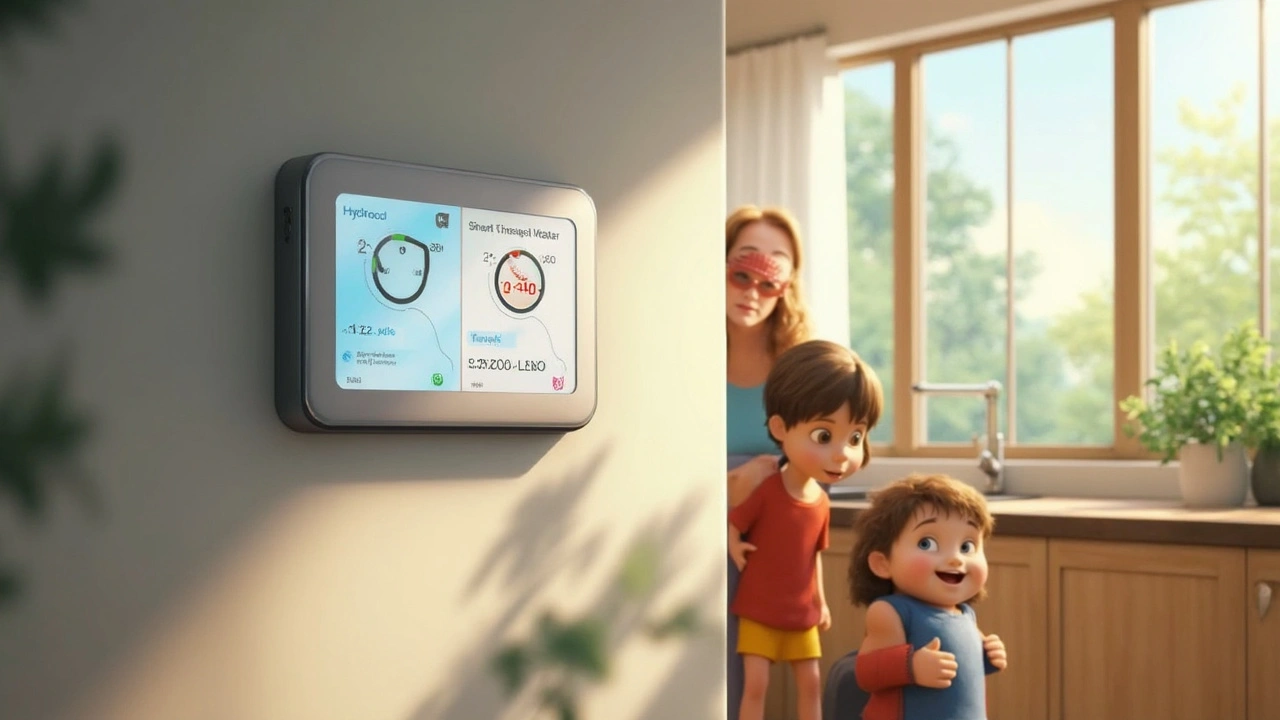Smart Devices That Make Your Life Healthier and Easier
Ever wonder why everyone talks about wearables, smart watches, or connected home gadgets? The short answer: they give you data, reminders, and control that were hard to get before. In this guide we’ll break down the most useful smart devices for health and everyday tasks, so you can pick what fits your routine without getting lost in tech jargon.
Why Smart Devices Matter
First up, why bother with a gadget at all? Most modern devices track things like heart rate, sleep quality, or activity level. That information helps you see patterns – for example, if a late‑night snack is messing with your sleep or if a new exercise plan is actually improving your cardio.
Beyond personal tracking, many smart devices connect to apps that can share data with doctors, set medication reminders, or even call emergency services automatically. Think of a smartwatch that notices an irregular heartbeat and prompts you to get checked out – that could catch a problem early.
Choosing the Right Device
With dozens of options on the market, start by listing what matters most to you. Do you need a simple step counter or a full‑featured health hub? Here are three quick questions to guide your decision:
- What do I want to track? If sleep is your main concern, look for devices with dedicated sleep sensors. For fitness, choose one with GPS and heart‑rate monitoring.
- How will I use the data? Some apps let you export reports for your doctor. Others just give you daily tips on your phone. Pick a system that matches how you like to see information.
- Is it comfortable? You’ll wear it most of the day, so size, battery life, and strap material matter. Try a few in a store if you can.
Popular choices include the Apple Watch for iOS users, Fitbit Sense for a balance of health features and price, and Garmin Vivosmart for a lightweight option. If you’re looking at home tech, smart scales that sync weight data to an app or air purifiers with real‑time pollution alerts can also improve daily wellbeing.
Remember, the best device is the one you’ll actually use. Start with one feature you care about most, get comfortable, and then add more gadgets as needed. This step‑by‑step approach keeps costs down and prevents tech overload.
Ready to try a smart device? Check the battery life before you buy – a device that needs charging every night defeats the purpose of convenience. Also read recent user reviews; they often highlight issues like inaccurate sensors or clunky apps that specs sheets hide.
Hydrocl: The Smart Way to Monitor and Manage Water Usage
- Technology
- 19


